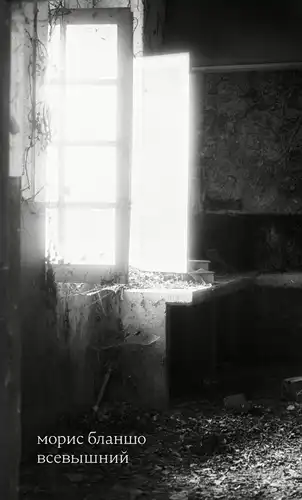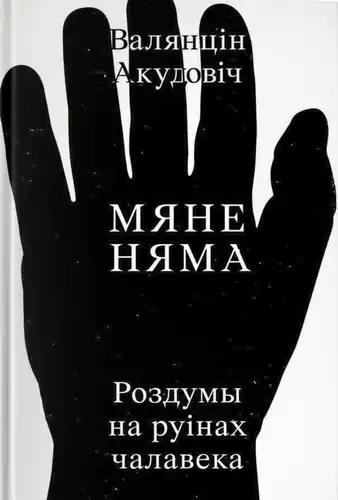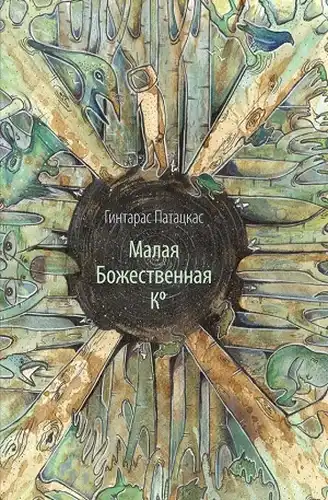€ 10.00
Two languages of one soul
Дзве мовы аднае душы
"Two Languages, One Soul" is the shortest book, at least of those known to me, by a poet who still caught the free spirit of the sixties... and preserved it to this day. The laconicism of many of his statements testifies, in no other way, to the fact that the author is no stranger to German classical poetry with its desire for self-restraint (Dichten = to condense!). However, Jewish traditions also teach not to waste words, and Felix Batorin is a traditionalist in a good sense. A dozen poems in Belarusian, a little more in Yiddish. Nature and the city, the past and the present - life is interesting to the poet in all its manifestations, but he has long been looking for his ideal places not in a big city, and not in a fairly distorted present. Therefore, the poems are marked by the stamp of nostalgia - and at the same time, faith in the future. The author avoids slogans, grand rhetoric, and rampant emotions, although he is sometimes overcome by despair... If I were asked to find one noun for F. Batorin's poems (from different times, on different topics, and in different languages), I would say that they are quiet hymns to life and freedom. Overall, the collection is a worthy presentation of the work of my glorious countryman. (Volf Rubinchyk, Minsk, 2024) (Volf Rubinchyk, Minsk, 2024)
Felix Batorin (Khaimovich Felix Borisovich) is a Belarusian writer, translator, and prose writer. He was born on February 5, 1948 in Minsk. He received a higher medical education in Minsk and worked as a doctor for four decades. He made his literary debut in 1967. He writes in Belarusian and Hebrew (Yiddish). Translates into Belarusian from German, Yiddish, Hebrew, Russian and Polish. Author of six poetry books in Belarusian and one in Yiddish, as well as the fiction-documentary story "Black Year" about the beginning of the anti-fascist resistance in the Minsk ghetto during World War II. This book introduces the reader to F. Batorin's poems in Belarusian and Hebrew (Yiddish).
Similar books
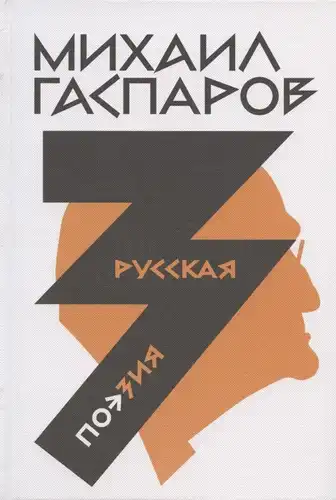
Collected Works in Six Volumes. Volume 3: Russian Poetry
Собрание сочинений в шести томах. Том 3: Русская поэзия
€ 36.00
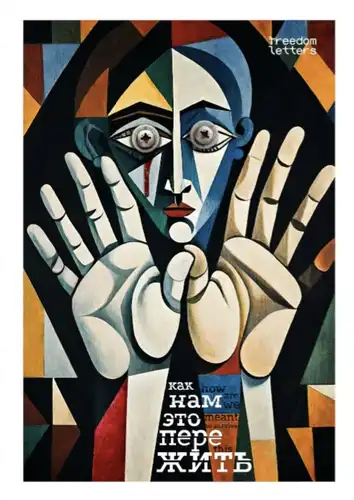
€ 21.00
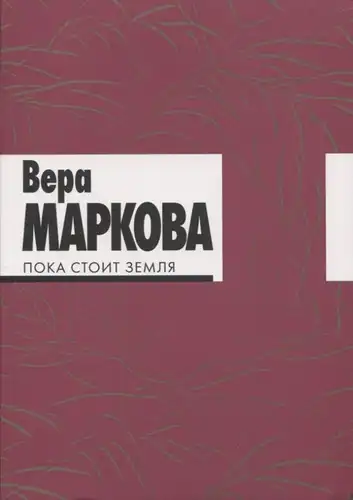
As Long as the Earth Stands: Selected Poems and Translations
Пока стоит земля: избранные стихотворения и переводы
€ 17.00
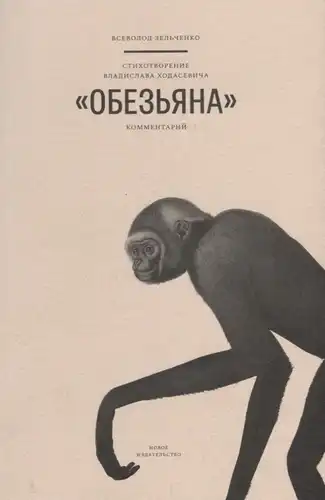
V. Khodasevich's Poem "Monkey": Commentary
Стихотворение В. Ходасевича "Обезьяна". Комментарий
€ 13.00
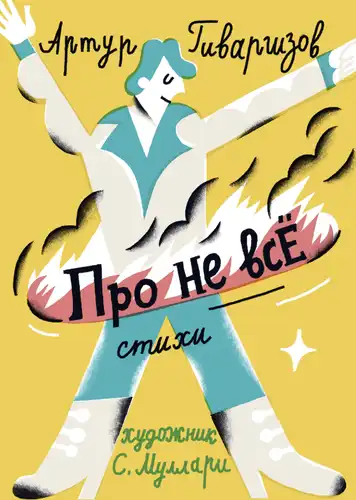
€ 29.00

